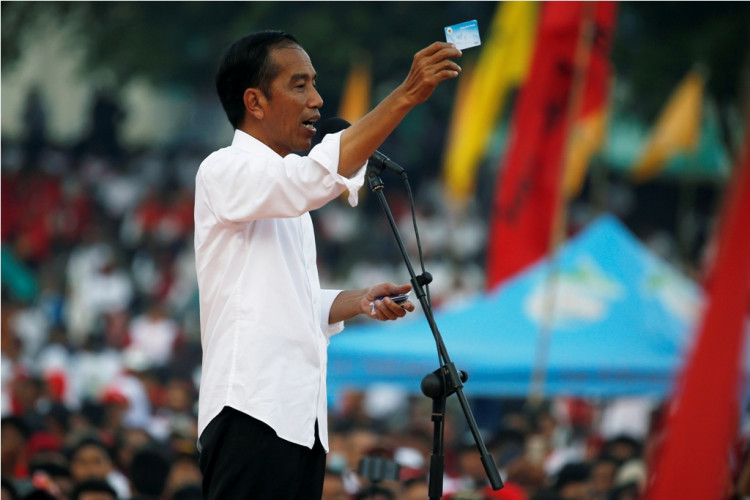The Indonesian economy did not meet market expectations of 5.18 percent in economic growth during the first quarter. Analysts are expecting exports to stay weak in the coming months - a scenario that could further hamper growth.
According to Free Malaysia Today, Indonesia's economy only expanded by 5.07 percent in Q1 2019 due to weaker imports and exports. While increased household consumption helped spur growth, Indonesia's statistics agency said softer demand on major commodities impacted economic development.
Furthermore, economic experts predicted that export demand may not rebound too quickly. "Exports are likely to remain weak. We expect global growth to soften a bit further over the coming quarters and for the prices of Indonesia's main commodities exports, coal and palm oil, to remain subdued," Capital Economics forecasted.
The figures were revealed after incumbent President Joko "Jokowi" Widodo claimed victory for a second time following last month's general elections. Many of Jokowi's supporters are expecting the economy to pick up later this year.
Despite Indonesia failing to meet earlier growth forecasts, the country is reportedly working to become an ASEAN leader. Industry Minister Airlangga Hartarto said the Jokowi 2.0 administration is preparing to welcome foreign investors in sectors that were previously closed to foreign investments.
According to The Business Times, Hartarto said Jokowi's second term will focus on electronics, chemicals, and automotive industries in efforts to boost the manufacturing sector.
The shift in focus is part of the Jokowi administration's grand plan of turning Indonesia into a leading manufacturing hub in the ASEAN region. To achieve this goal, the Indonesian government will work with China, South Korea, and Germany.
Over the past few months, Indonesia's manufacturing sector has been dealing with both external and internal headwinds. With a booming manufacturing sector, analysts are expecting to see more jobs and opportunities for locals.
Jokowi's economic growth target is at seven percent but so far, Indonesia has only been expanding by five percent on an annual basis. Official election results are due to be released this month.
Meanwhile, Indonesia is also planning to move its capital city outside of Java as Jakarta's grounds has been sinking fast over the past decade. Earlier this month, Jokowi called on Indonesians to make recommendations on a potential location.
CNBC News reported that Finance Minister Sri Mulyani Indrawati believes Jokowi's plans are good for the over-populated town. However, the minister argued that the government does not need to "invest (in much) infrastructure" since the new capital will not be in an isolated area.
Economists said Indonesia's scheme of moving its capital city could help bolster growth in the economy as government agencies and government-linked institutions move out of the sinking city.






